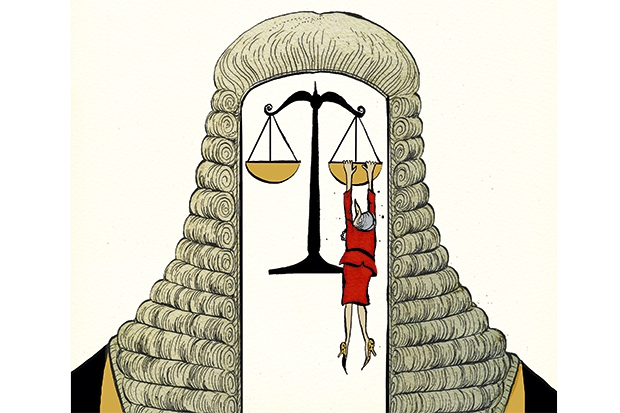4.30pm: Pannick’s main pitch is about the power of Parliament. He tells the Supreme Court that ‘Parliament is sovereign and only Parliament can remove that which it has incorporated into domestic law’ – meaning that Brexit cannot be started by the Government without the agreement of Parliament. He boils down his argument to a series of main points, including the fact that the 2015 Referendum Act didn’t make any provision for the triggering of Article 50 – meaning that it should be down to Parliament. And that only a law passed by Parliament can revoke rights which were introduced by Britain joining the EU back in 1972. On this point, he says: ‘It is so obvious, so basic’
3.10pm: Pannick tells the court that the question in the referendum is not the be all and end all. In particular, he says that the question put to voters – ‘Should the United Kingdom remain a member of the European Union or leave the European Union?’ – cannot be assumed to be ‘the only question that parliament would want to consider’ in this matter. 2.50pm: Lord Pannick has taken to the floor and is now spelling out why the Government’s appeal against the High Court’s earlier ruling should be thrown out. Pannick told the Supreme Court that ‘there is no relevant prerogative power’ enabling the Government to trigger Article 50 without the say-so of Parliament. Pannick also said that his argument was that ‘it is inherently unlikely’ that when Parliament enacted the 1972 Act, which brought Britain into the European community in the first place, there was nothing within the act which suggested a change could be brought about by a minister (i.e. not Parliament). 2pm: Northern Ireland’s attorney general John Larkin has finished his submissions to the Supreme Court. Larkin told the 11 judges that the act which established devolution in Northern Ireland didn’t mention the country’s membership of the EU when it was first introduced in 1998. And that by triggering Article 50, it will ‘amend not a comma or a full stop of the Act’. Midday: James Eadie has finished his submissions to the Supreme Court. He concluded by saying the divisional court, which ruled against the Government in the first place, got the wrong end of the stick in its argument. He says the judges who made the earlier ruling ‘took a number of different and generally expressed principles and invented a new principle’.He went on to say that the Government’s case fully respected Parliamentary sovereignty, and says that no MPs have demanded the Article 50 bill which has been ‘thrust upon’ Parliament by the High Court’s ruling. Here’s what he told the court:
11.30am: James Eadie makes the point that if Parliament has already authorised the making of EU legislation, it has also authorised Article 50 – which is contained in the Lisbon treaty, which became a part of UK law in 2009. 10.45am: Theresa May has said she is ‘confident’ of winning the appeal in the Supreme Court, but what happens if things don’t go the Government’s way? Eadie has just offered a small insight, suggesting that if the Government loses, ministers could use a one sentence Act to pull the Article 50 trigger. Here’s what Eadie had to say:‘It is said the Government giving Article 50 notice is an affront to parliamentary sovereignty because Parliament has created rights and only Parliament can alter them. My submission is our case fully respects and offers no affront to Parliamentary sovereignty.’
10.30am: James Eadie QC continues his argument from yesterday in his answers to a series of opening questions from the judges. He again repeats that Parliament can ‘look after itself’ – as the Attorney General said in his opening remarks yesterday. And he went on to say that Parliament is not going to be pushed out of the process of Britain’s withdrawal from the EU. He made it clear, for instance, that in dealing with the domestic consequences of Brexit, ‘Parliament will have to legislate’ in the usual way. But he spells out the Government’s argument that this doesn’t mean the Commons and Lords should have their say on the triggering of Article 50.If the Supreme Court decides against our arguments here, the solution in legal terms is a one-line act. It may be that it would lead to all kinds of parliamentary complications and possible additions and amendments but that is the solution.






Comments